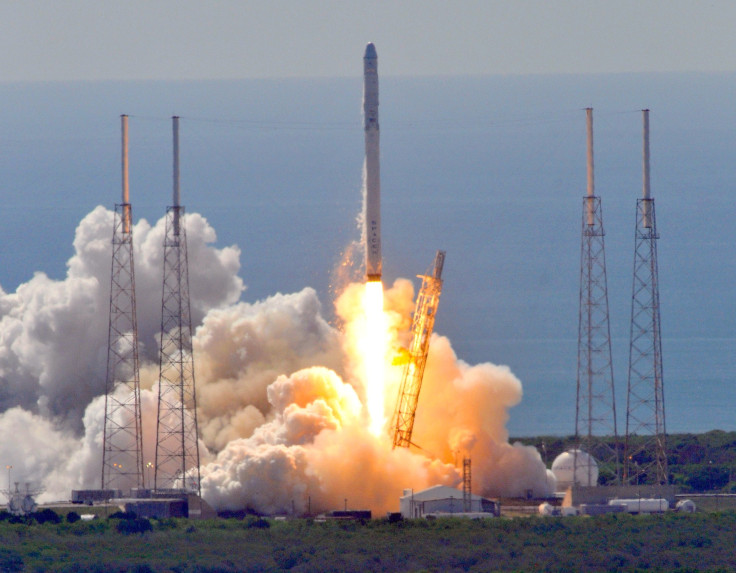SpaceX News: Elon Musk Company Continuing Space Taxi Effort Despite Accident Probe

Despite a widely seen and disastrous launch pad fire earlier this month that slowed its efforts to help NASA taxi astronauts, Space X says the setback will not hinder its mission.
The Elon Musk-owned company said Thursday it’s still pointed toward its first test flight to the International Space Station in 2017 while officials investigate an explosion that destroyed a test rocket and a $200 million Israeli communications satellite on Sept. 1, according to Reuters.
“We’re full-steam head for certification. We’re still trying to remain on schedule,” director of certification for SpaceX, Abhishek Tripathi, said during a webcast panel at an American Institute of Aeronautics and Astronautics conference in Long Beach, California.
Tripathi said the private space exploration company’s plans aren’t being affected by the Federal Aviation Administration’s investigation into why one of its Falcon 9 rockets exploded during fueling just as it was about to launch from Cape Canaveral in Florida.
According to Reuters, Tripathi’s comments came one day after Space X president Gwynne Shotwell said the company was planning to continue flights in November NASA’s Kennedy Space Center, which is also located in Cape Canaveral.
Along with Musk’s Boeing, SpaceX is attempting to help NASA fly astronauts to the ISS rather than relying on Russia to transport them, but come November it could face an even more crowded marketplace.
While SpaceX already has 70 missions worth more than $10 billion planned, at least 10 other rocket companies are competing to launch satellites into space, according to the Los Angeles Times. Besides the ventures of Musk’s billionaire brethren like Jeff Bezos’ Blue Origin and Richard Branson’s Virgin Galactic, companies like United Launch Alliance are planning to turn around orders for satellite launches in just three months.
“Because it’s going to be so many companies trying to launch so many satellites, I think most of these companies will take what they can get,” senior space analyst at the Teal Group Marco Caceres told the LA Times. “The bigger issue is going to be who can launch sooner.”
© Copyright IBTimes 2024. All rights reserved.











